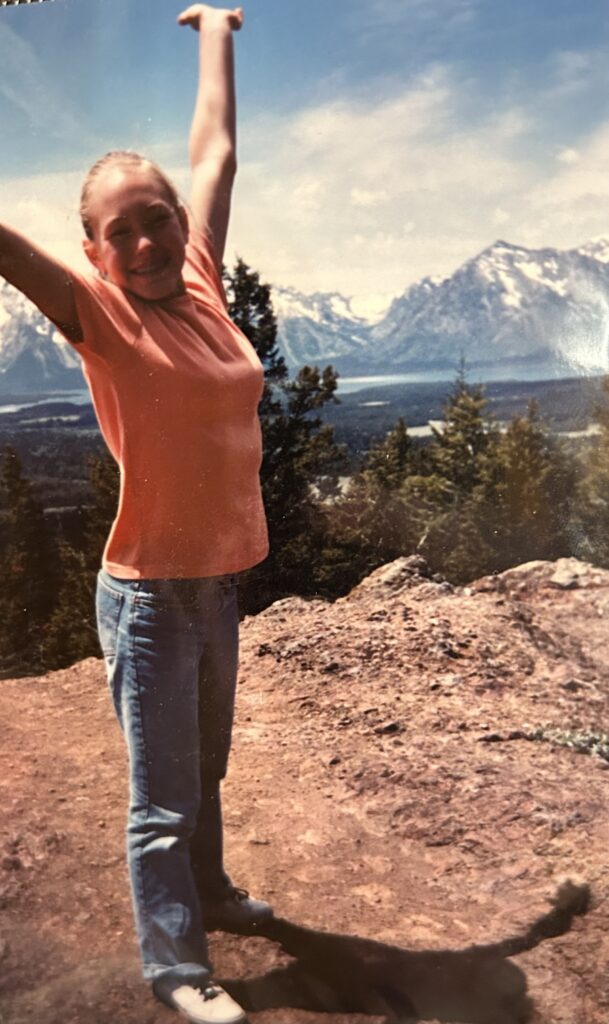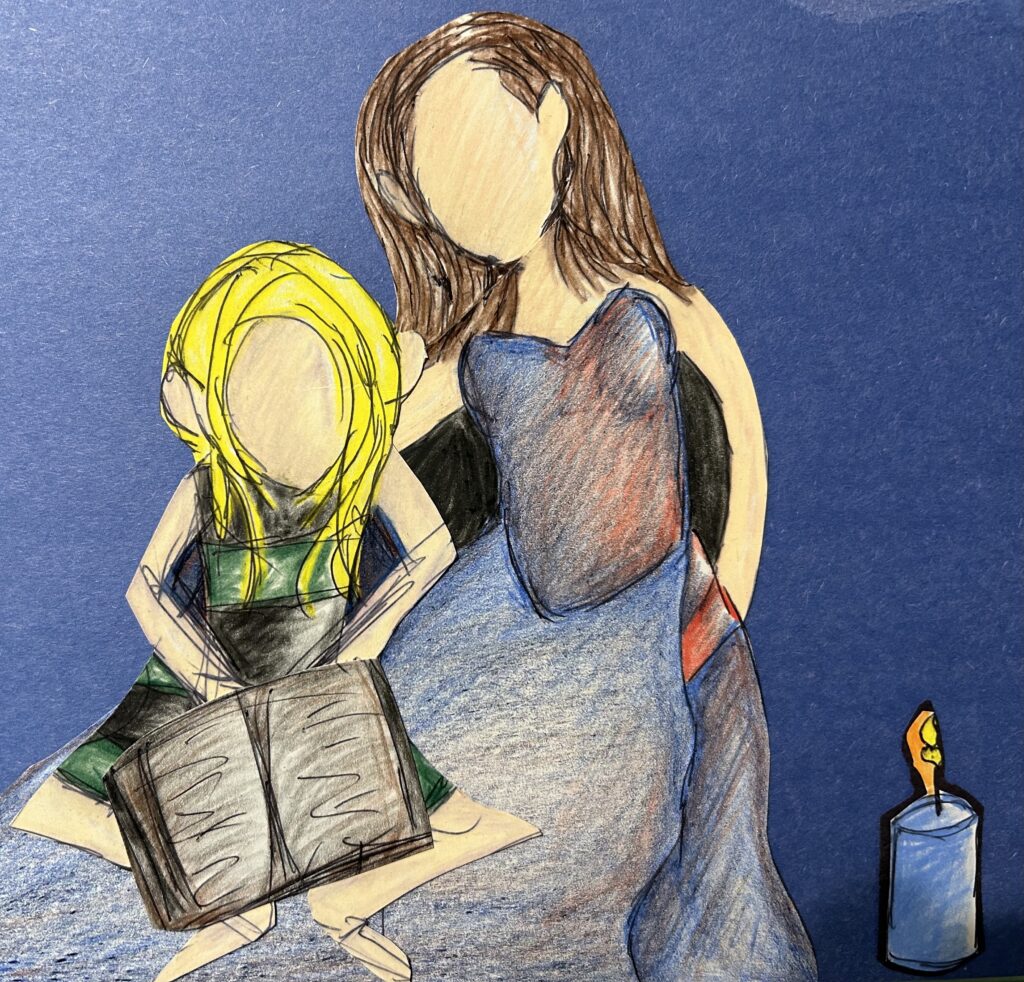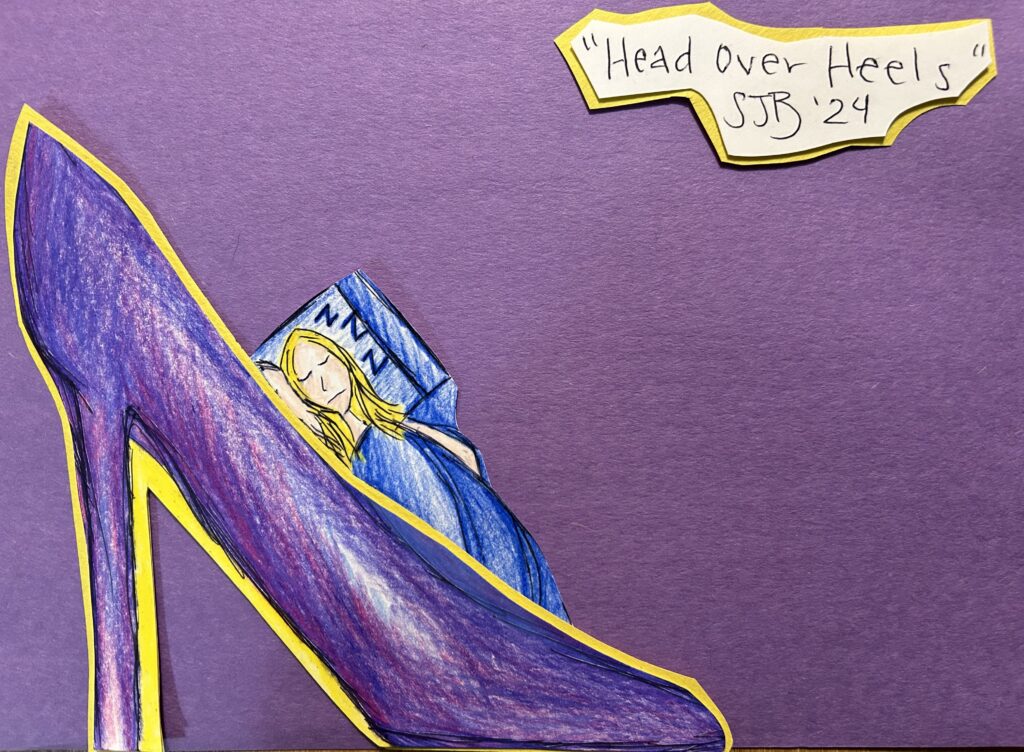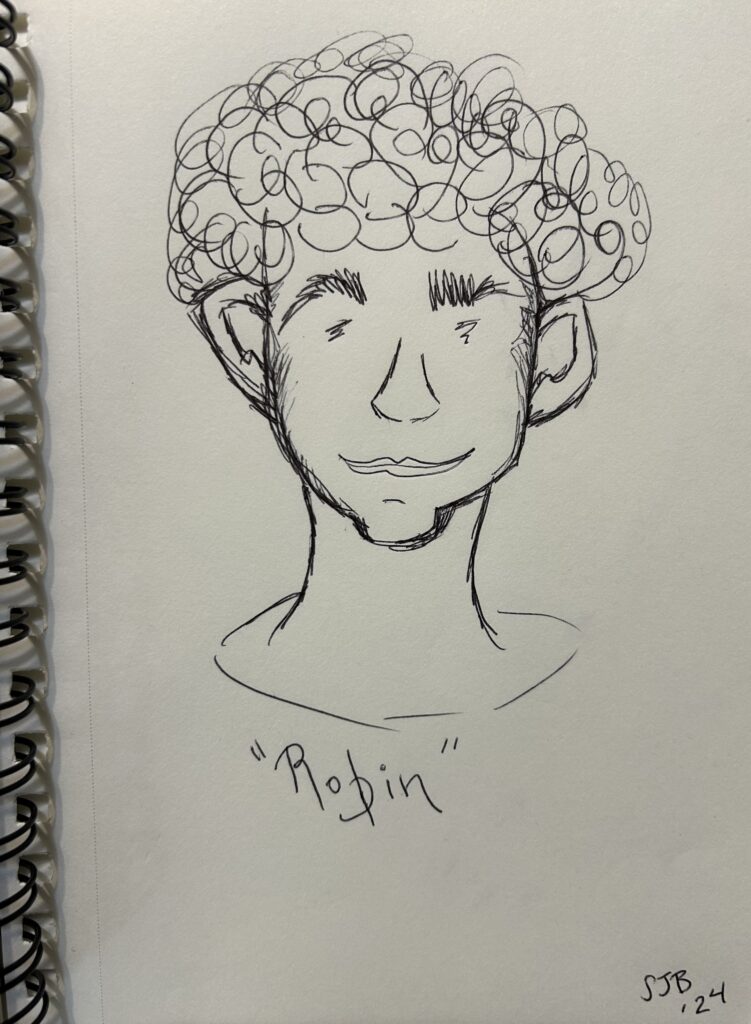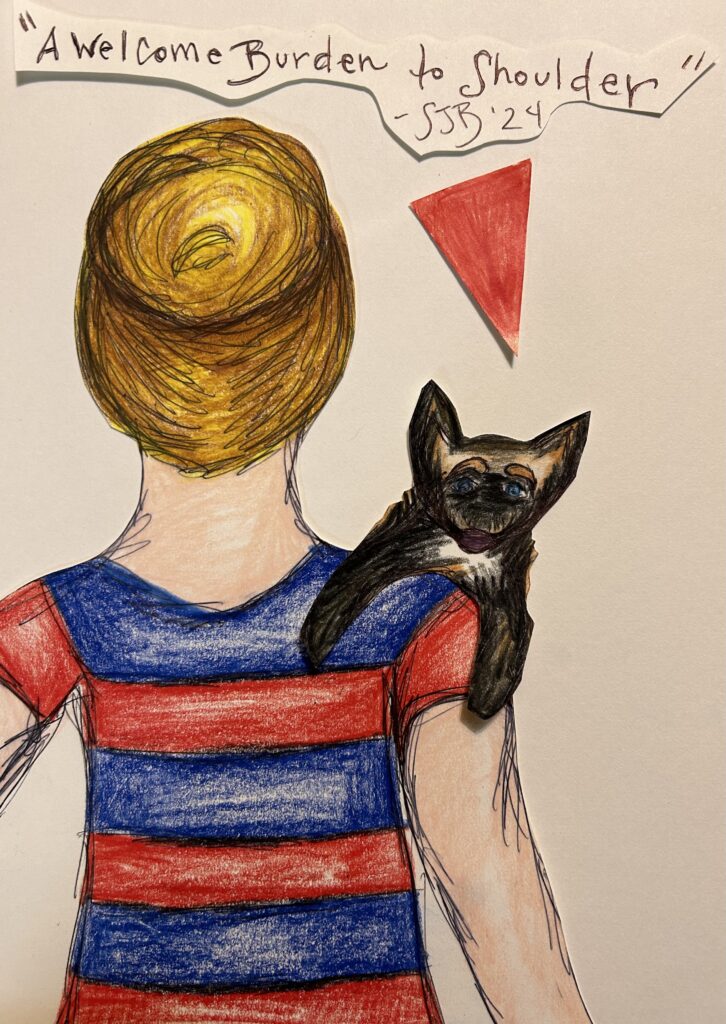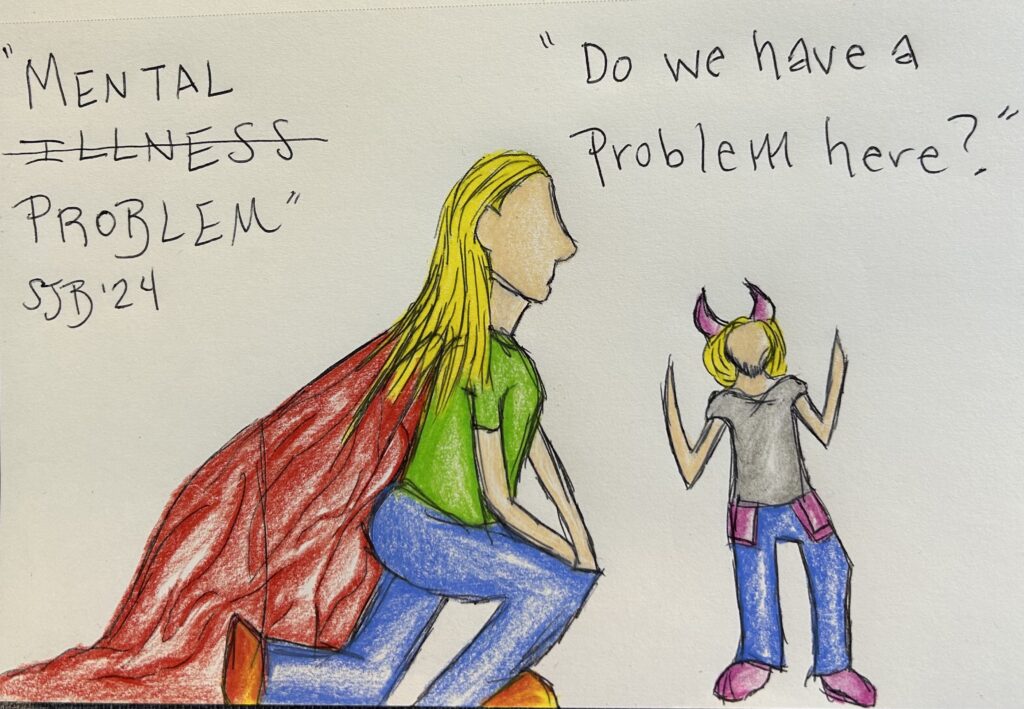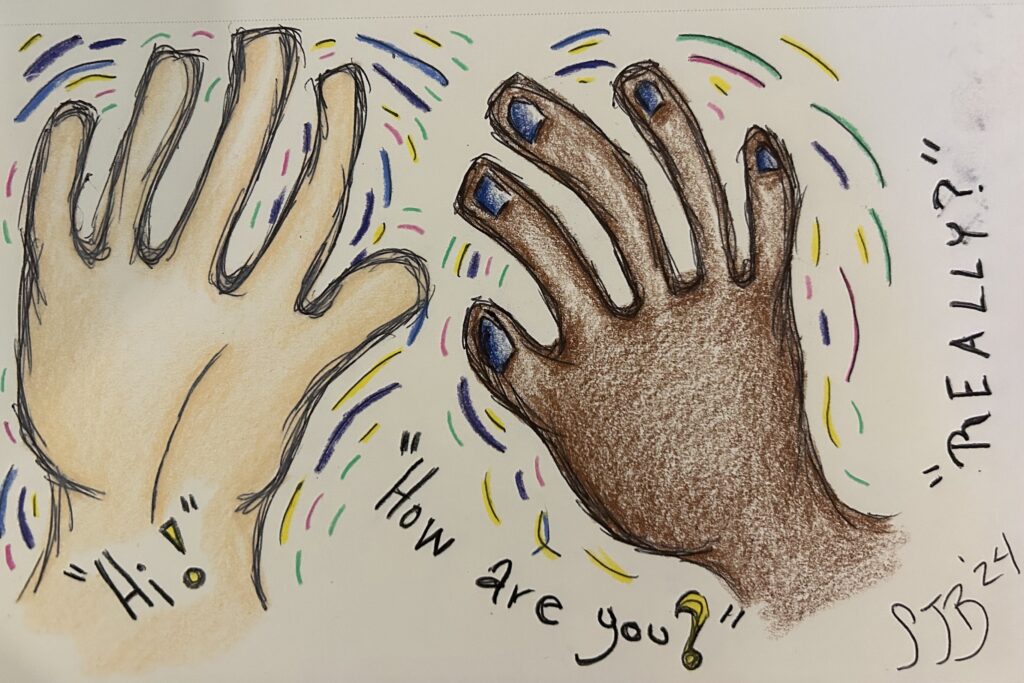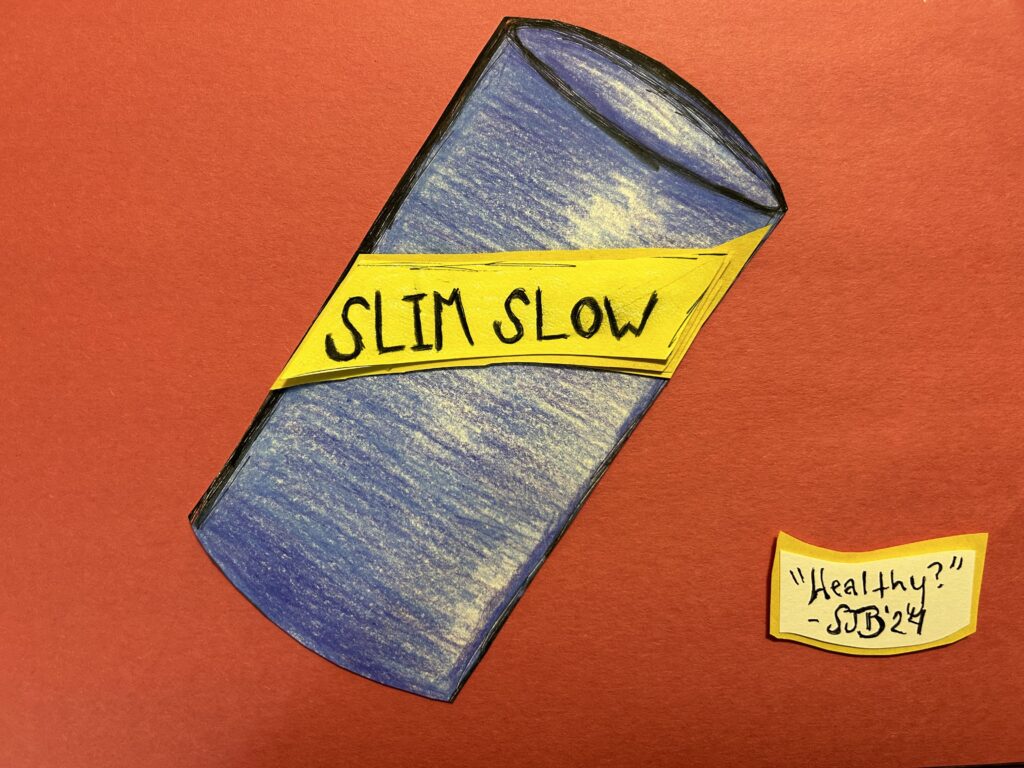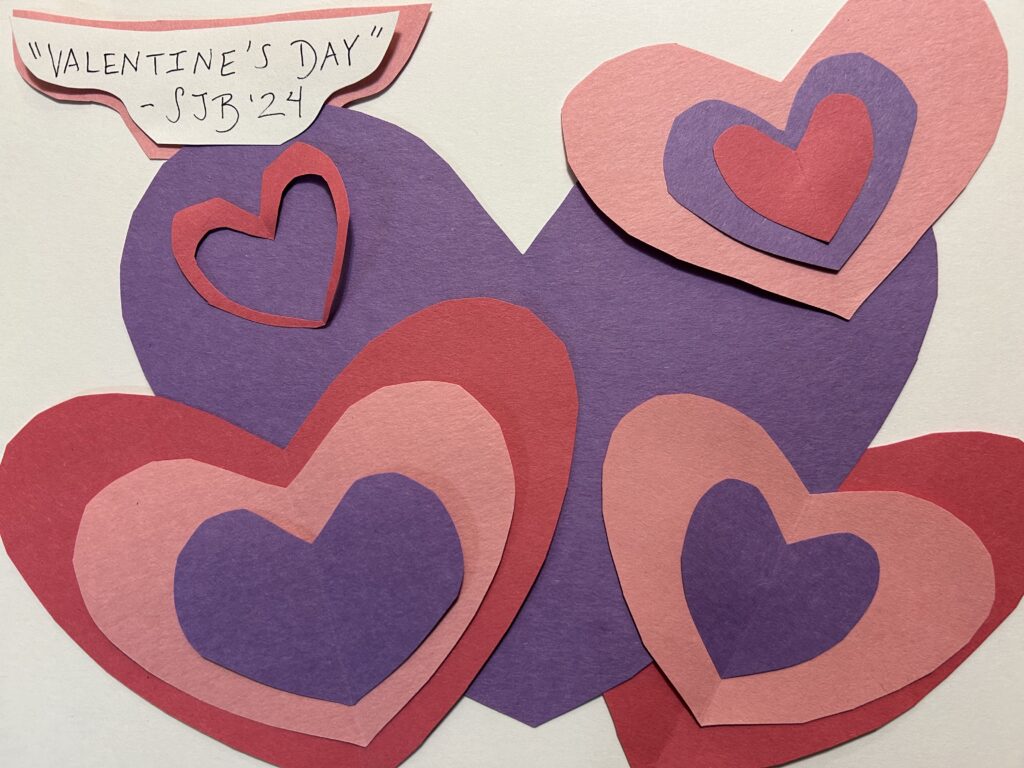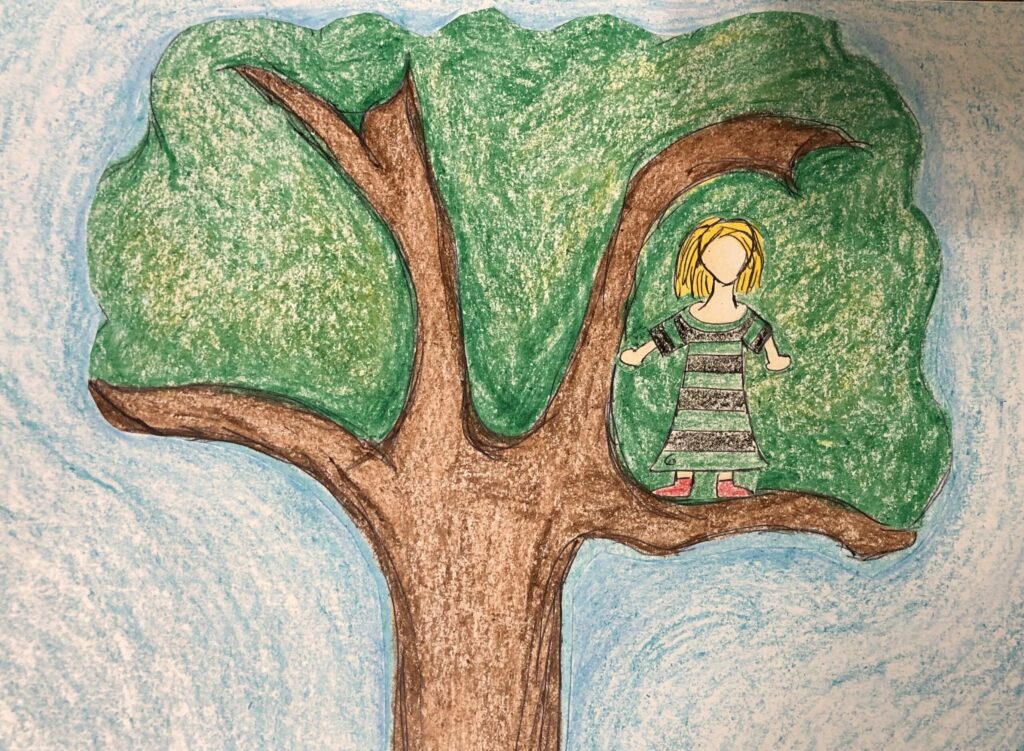
Once Upon a Time…a two-year-old girl in a car seat watched as a logging truck passed by her window. Around her pacifier, she said,
“Put those trees back, right now!”
Several weeks ago, I was startled on my morning walk. I reached the top of a familiar hill and discovered that the trees along this side of the trail had been murdered. They were “in the way” of a new housing development. I had been harboring the delusion that when I surmounted this hill, the trees provided a much needed breath of fresh air. Their oxygen encouraged me to push forward, also affording me a bit of shade before carrying on. I realize this was a delusion, but the happiness was delicious. Upon my arrival that morning, I burst into tears.
We live in a world we take for granted. Humans have ravaged our natural resources and produced too many mouths to feed. Trees provide an abundance of protection, solace, and oxygen. It seems their numbers are depleting. Trees are habitats for wild creatures and playgrounds for imaginative children. Today, many children are without imaginations and believe that others will solve their problems. There are computers, phones, and tablets. Parents are encouraged to limit “screen time.” When I was younger, limited “screen time” meant limited television episodes of Scooby Doo and Power Rangers. My sisters and I ran through the woods in our childhood. We played in mud, climbed trees, swam in cold rivers. Structures were built out of large tree branches. Now, pieces of wood derived from trees are built into commercial properties and private residences on land that once inhabited natural trees.
Water is for sale in plastic bottles that pollute the oceans, joining other garbage that robs many sea creatures of their oxygen. We are so selfish. One day, people will wake up from the denial of the earth’s demise and will have to purchase oxygen. Back-up plans are merely day dreams.
Everyone is at fault. Not a soul is exempt of this guilt. Hands should be busy. Many believe that they can do nothing to help. If everyone deems this a reality, there will be no change.
We must heed the words of Margaret Mead:
“Never doubt that a small group of thoughtful, committed, citizens can change the world. Indeed, it is the only thing that ever has.”
One person creates a ripple. Imagine if we all decided to work together. We could all breathe deeply.
–SJB
